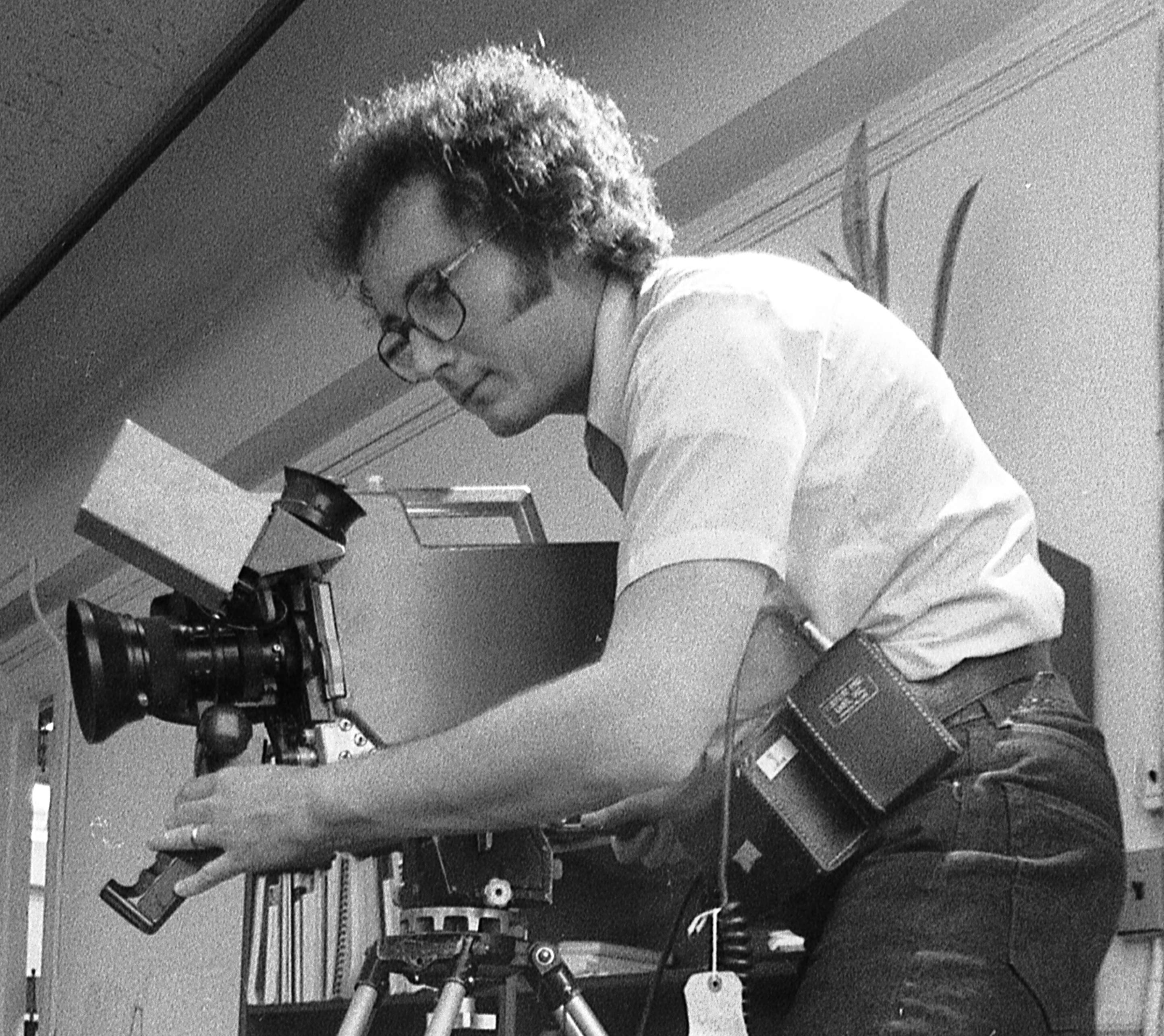Consumers turn cold shoulder to TVs watching them, study finds
By a three-to-one margin, consumers are opposed to the integration of cameras and other sensors into their televisions, according to new research results from Strategy Analytics.
Part of the “TV Watching You: Attitudes and Concerns” report from Strategy ConsumerMetrix research service, the findings reveal that consumers are uncomfortable about the idea of their TVs watching them.
According to the report, 43 percent of people said they would never allow a camera or other sensing device to be connected to their TVs or that they would probably never be convinced that such technologies are beneficial. Fourteen percent said they didn’t care if they were observed watching TV. Twenty percent fell somewhere between the extremes, saying they had some reservations about the notion, but wouldn’t object if doing so led to much better TV service.
While camera and microphones have been an integral part of laptop computers and media tablets for years, their introduction to the TV domain is rather new. Microsoft's Xbox Kinect is one example, and Intel is rumored to include some sort of viewer sensing technology with its new TV service.
Those who objected to the idea of a camera or other sensor in their TV most strenuously were older, female and earned less money, the survey found. Germany proved to be the nation with the greatest resistance to the concept.
“Our research suggests that technology vendors and TV service providers will have to approach this new business opportunity with caution if they are to prevent viewers reaching for the off button," said David Mercer, Strategy Analytics principal analyst.
Strategy Analytics conducted the research online in June. In the United States, 2062 were sampled; in Europe the number was 4118. Respondents ranged in age from 15 to 74 years of age. The data was weighted by country, age, gender and Internet use to represent the U.S. and European populations of Internet users, the research firm said.
The professional video industry's #1 source for news, trends and product and tech information. Sign up below.
